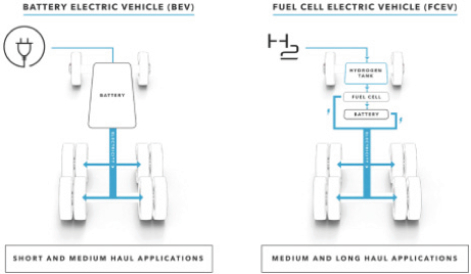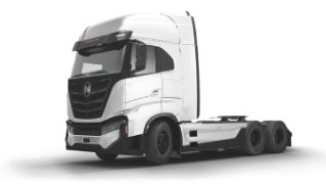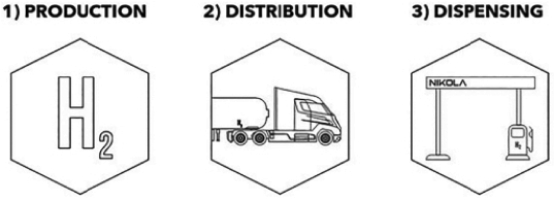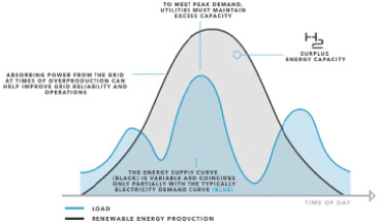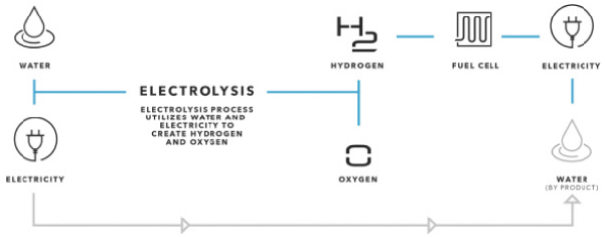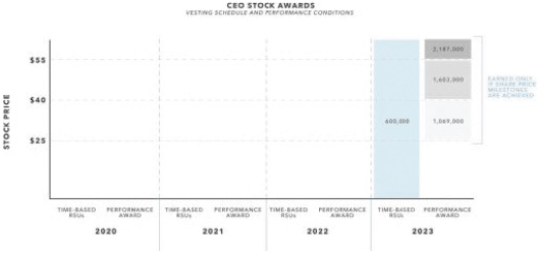We face risks related to health epidemics, including the COVID-19 pandemic, which could have a material adverse effect on our business and results of operations.
We face various risks related to public health issues, including epidemics, pandemics, and other outbreaks, including the pandemic of respiratory illness caused by a novel coronavirus known as COVID-19. The impact of COVID-19, including changes in consumer and business behavior, pandemic fears and market downturns, and restrictions on business and individual activities, has created significant volatility in the global economy and led to reduced economic activity. The spread of COVID-19 has also created a disruption in the manufacturing, delivery and overall supply chain of vehicle manufacturers and suppliers, including us, and has led to a global decrease in vehicle sales in markets around the world.
The pandemic has resulted in government authorities implementing numerous measures to try to contain the virus, such as travel bans and restrictions, quarantines, stay-at-home or shelter-in-place orders, and business shutdowns. These measures may adversely impact our employees and operations and the operations of our customers, suppliers, vendors and business partners, and may negatively impact our sales and marketing activities, the construction schedule of our hydrogen fueling stations and our manufacturing plant in Arizona, and the production schedule of our trucks. For example, the headquarters of our partner, Iveco, located in Italy, was shut down for two months due to COVID-19, and as a result, pilot builds for the BEV truck were delayed. In addition, various aspects of our business, manufacturing plant and hydrogen fueling station building process, cannot be conducted remotely. These measures by government authorities may remain in place for a significant period of time and they are likely to continue to adversely affect our manufacturing and building plans, sales and marketing activities, business and results of operations.
The spread of COVID-19 has caused us to modify our business practices (including employee travel, recommending that all non-essential personnel work from home and cancellation or reduction of physical participation in sales activities, meetings, events and conferences), and we may take further actions as may be required by government authorities or that we determine are in the best interests of our employees, customers, suppliers, vendors and business partners. There is no certainty that such actions will be sufficient to mitigate the risks posed by the virus or otherwise be satisfactory to government authorities. If significant portions of our workforce are unable to work effectively, including due to illness, quarantines, social distancing, government actions or other restrictions in connection with the COVID-19 pandemic, our operations will be impacted.
The extent to which the COVID-19 pandemic impacts our business, prospects and results of operations will depend on future developments, which are highly uncertain and cannot be predicted, including, but not limited to, the duration and spread of the pandemic, additional waves of the virus, its severity, the actions to contain the virus or treat its impact, including vaccination efforts, the efficacy of vaccine programs on new variants of the virus, and how quickly and to what extent normal economic and operating activities can resume. The COVID-19 pandemic could limit the ability of our customers, suppliers, vendors and business partners to perform, including third party suppliers’ ability to provide components and materials used in our trucks. We may also experience an increase in the cost of raw materials used in our commercial production of trucks. Even after the COVID-19 pandemic has subsided, we may continue to experience an adverse impact to our business as a result of its global economic impact, including any recession that has occurred or may occur in the future.
Specifically, difficult macroeconomic conditions, such as decreases in per capita income and level of disposable income, increased and prolonged unemployment or a decline in consumer confidence as a result of the COVID-19 pandemic, as well as reduced spending by businesses, could have a material adverse effect on the demand for our trucks. Under difficult economic conditions, potential customers may seek to reduce spending by forgoing our trucks for other traditional options, and cancel reservations for our trucks. Decreased demand for our trucks, particularly in the United States and Europe, could negatively affect our business.
There are no comparable recent events which may provide guidance as to the effect of the spread of COVID-19 and a pandemic, and, as a result, the ultimate impact of the COVID-19 pandemic or a similar health
29

